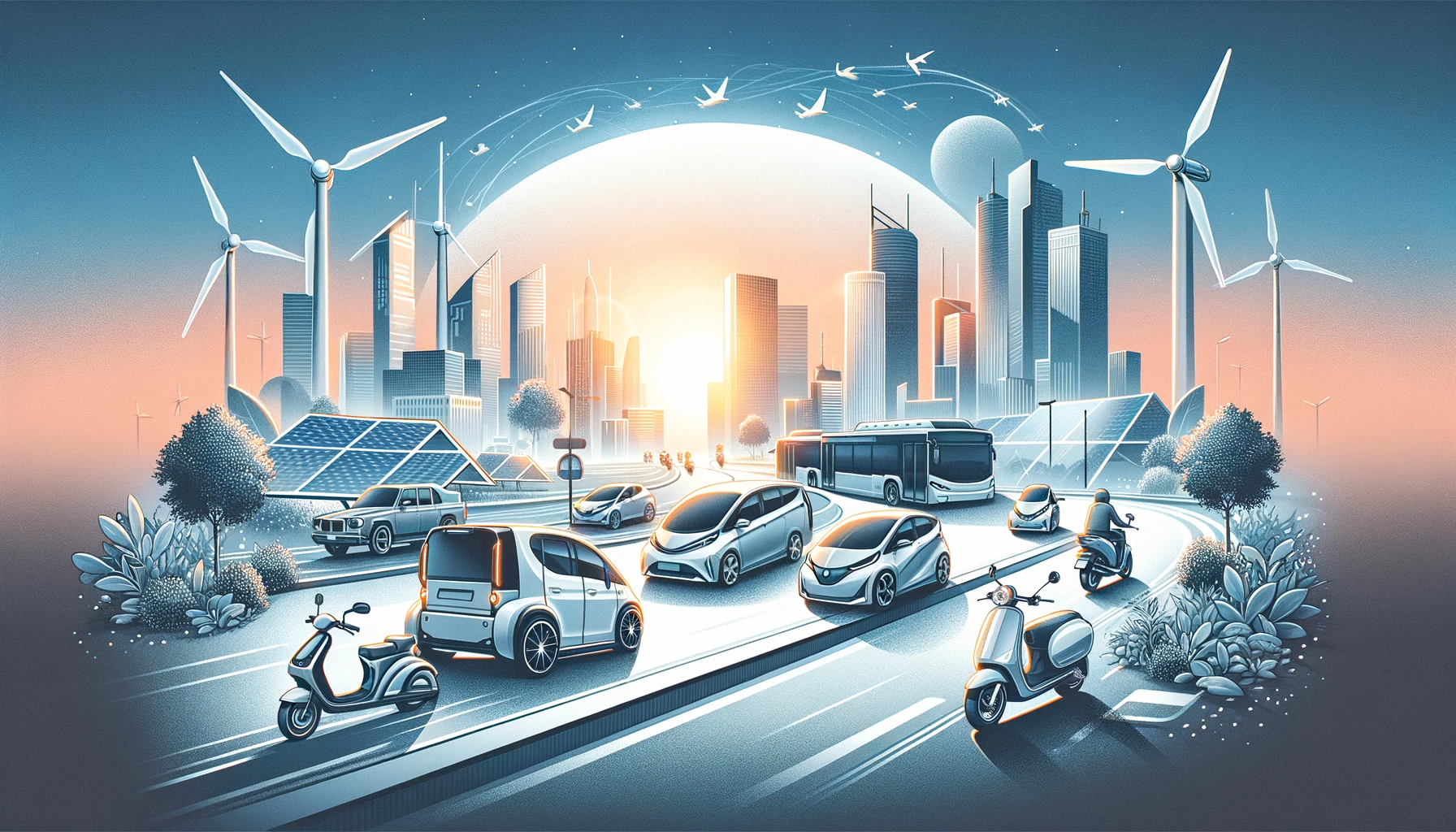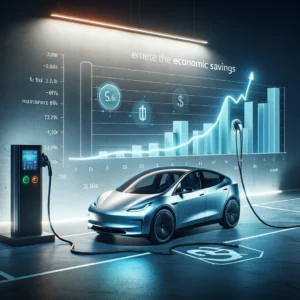
06 Mar Evolution of the Electric Car Charger
Electric Car Charger: A Fundamental Pillar of Electric Mobility
Introduction to electric car chargers
The transition to sustainable mobility is at a turning point, thanks to the development and mass adoption of electric car chargers. These devices are not simply accessories; they are fundamental elements that enable the practical, everyday use of electric vehicles (EVs), facilitating their charging in homes, workplaces and public stations. The evolution of electric car charger technology has made it possible to overcome significant challenges, such as long charging times and the limited availability of charging infrastructure, paving the way for a greener future.

2. SDS and its innovative contribution to the electric car charger market
Within the electric mobility landscape, SDS emerges as a leading innovator, standing out not only for the installation of electric car chargers, but also for the development of advanced solutions. One of its most significant contributions is the electric car charger with battery backup. This revolutionary technology enables efficient EV charging at high power, even when the available power supply is low power, ensuring fast and reliable charging, essential for the widespread adoption of electric vehicles.
3. Evolution of the electric car market and its impact on electric car chargers.
The electric car market has experienced impressive growth in recent years, a phenomenon that has directly influenced the demand for and development of electric car chargers. This boom is attributed to several factors, including technological advancement, government incentive policies and increased environmental awareness. As the number of EVs on the road increases, so does the need for accessible and efficient electric car charger infrastructure, driving innovations and improvements in charging technology.
4. Leading manufacturers of electric car charger
The electric car charger sector is dynamic and dominated by several leading manufacturers driving innovation. Brands such as Tesla, ChargePoint, ABB, Siemens, Wallbox and Ingeteam are at the forefront, offering everything from home chargers to fast charging stations. These manufacturers focus on research and development to continuously improve efficiency, charging speed and the overall user experience, ensuring that the electric car charger becomes increasingly accessible and convenient.

5. Cost savings associated with the use of electric car chargers.
The transition to electric vehicles, supported by the efficient use of electric car chargers, is not only beneficial for the environment, but also offers considerable economic advantages. Electric vehicles have significantly lower operating costs compared to internal combustion vehicles, due to their higher efficiency, lower maintenance costs and lower volatility in electricity prices. Investing in an electric car charger for home or business use can translate into substantial savings over time, making a significant difference in the total cost of ownership of an EV.
6. Contribution of electric car chargers to carbon footprint reduction.
The adoption of electric car chargers and electric vehicles is crucial to decrease the carbon footprint of the transportation sector. By using energy from renewable sources for EV charging, greenhouse gas emissions are minimized, contributing significantly to the fight against climate change. The improved efficiency of electric car chargers and the transition to cleaner power generation further increase the positive impact of EVs on the environment. This synergy between cleaner vehicles and a sustainable charging infrastructure is critical to achieving global emission reduction targets and promoting a sustainable mobility future.
As electric car charger technology continues to advance, and the global charging infrastructure expands and becomes more efficient, electric vehicle owners can enjoy greater convenience and accessibility. This progress not only accelerates the adoption of electric vehicles, but also reinforces society's commitment to more sustainable and environmentally friendly practices.
In conclusion, the electric car charger is much more than just an accessory for electric vehicles; it is a key part of the sustainable mobility ecosystem. With increasing demand for electric vehicles, innovation in charging technology and the continued commitment of manufacturers and service providers, the future of mobility promises to be cleaner, more efficient and more sustainable. The electric car charger not only facilitates this transition, but also plays a crucial role in shaping our future transportation, proving to be an essential pillar in the fight against climate change and in promoting a greener world.


